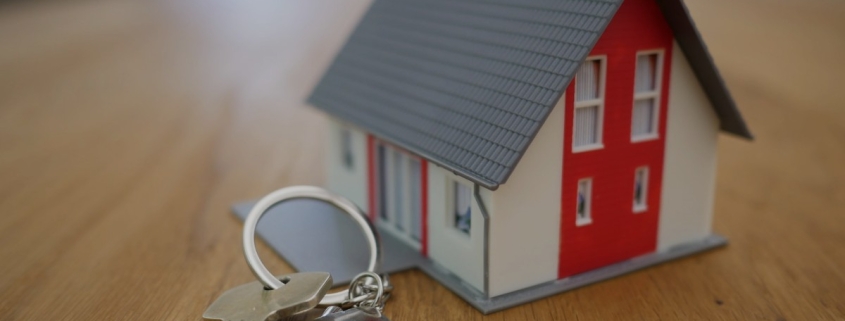Buying in Italy: how to protect your deposit
When you make an offer to buy a property in Italy, you are requested to pay a deposit to prove you’re serious about buying.
Agents usually ask for the buyer to leave a personal check with them, which they will then hand over to the seller as soon as the offer is accepted, so that the seller can cash in the money.
If you don’t have a bank account in Italy, you may be requested to make a transfer directly into the seller’s bank account.
What happens if something goes wrong?
Should the sale not go through for the buyer’s fault, the buyer loses their deposit.
Should the sale not go through for the seller’s fault, the seller is required to pay back the buyer double the deposit. However, there is no guarantee that the seller will oblige. If this is the case you may need to sue the seller to get your money back (lengthy process and additional expenses).
A way to keep things tidy and secure may be to pay the deposit into the notary’s account, specifically protected and dedicated to the buyers’ money.
The notary is a “super partes” public officer, so they are bound to return the deposit to the buyer according to the law and the conditions agreed in the offer. This is why the offer-to-buy and all its – suspensive or resolutive – conditions have to be carefully drafted.
Using the notary escrow account involves some costs, but gives you the maximum protection over your money.
Please, always bear in mind that situations can largely vary and that if you are not familiar with the technicalities of the buying process in Italy, it may be worth to have professional assistance.
This article is not exhaustive and is a guidance only.
If you need assistance with buying a property in Italy, please contact us.
Barbara De Benedittis Relocation and Legal in Italy



